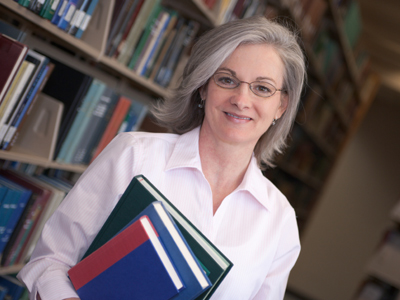
Investigating History
In KS2 children will be taught some of the tools and methods to use when investigating history. Artefacts, sources and other forms of evidence are all important when it comes to finding out about the past.
Finding out about the past is all about investigating history - what evidence has been left behind, and how can we interpret it? There are records, photographs, old maps and other artefacts, all of which we can use when finding out about times long gone. When investigating history we might learn how and why things happened in the past. If we take note, it can stop us from repeating past mistakes and also help us to understand the present.
Can you tell the difference between oral and written history? Do you know where to find records of births, marriages and deaths? Take this quiz to find out what you know about investigating history.
Ready for more?
not all...
quizzers. Try to win a coveted spot on our Hall of Fame Page.







